Was James Hunt really a playboy? "Uhm, define a playboy," Hunt said when asked this question in a 1976 interview. “I don't know. I like playing”. He took advantage of the perks of being a Formula One superstar. He claimed to have slept with more than 5,000 women, often having sex minutes before getting behind the wheel for a race. A photo from 1976 even shows him wearing a patch on his racing uniform that reads, "Sex is a high performance thing". Another photo reveals a different patch that reads, "Sex: Breakfast of Champions".
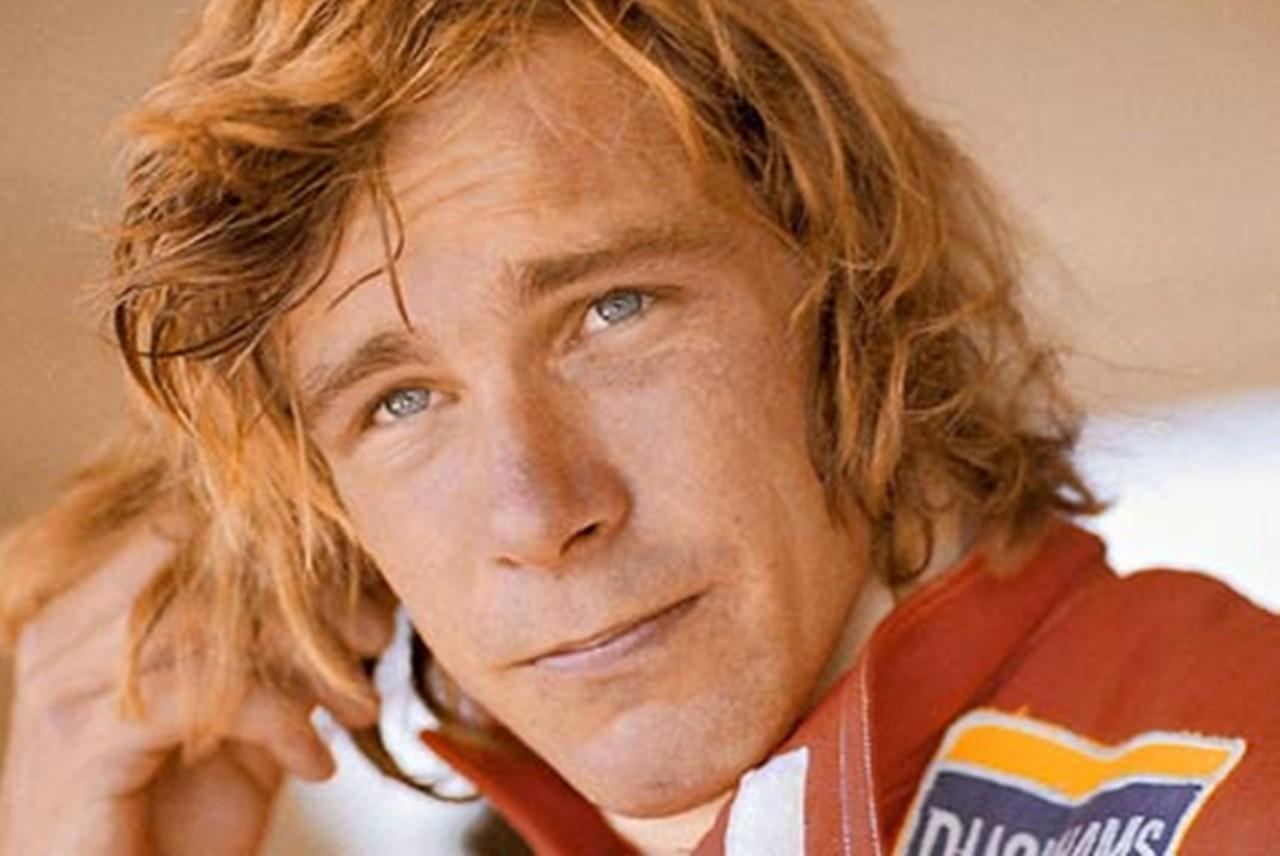
Hunt often got roaring drunk, took drugs and once urinated in public at a race, causing the fans to cheer when he finished. It was also not uncommon for him to race hung over.
James Hunt showed up at sponsor events in a t-shirt and jeans. James had a stipulation written into his contract that he did not have to dress formally for sponsor events. Of course, this upset McLaren and sponsor Marlboro, which were very straight-edged organizations. He once showed up to a dinner party in a black tie and flip-flops.
"I feel really sorry for Niki," James Hunt said shortly after the championship race in Japan. "I feel sorry for everybody that the race had to be run in such ridiculous circumstances, and quite honestly, you know I wanted to win the championship and I felt that I deserved to win the championship. I also felt that Niki deserved to win the championship and I just wish we could have shared it."
James Hunt died of a heart attack in 1993 at the age of 45, at his home in Wimbledon, London, England. He passed away only hours after proposing via telephone to his girlfriend Helen Dyson, who was 18 years his junior. Hunt met Dyson in 1989 at a restaurant where she was working as a waitress. The relationship was just one factor that had brought happiness to Hunt's life, in addition to his two sons and cleaner living.
James Hunt had retired from racing in the middle of the 1979 season. He spent years working for the BBC as an often brutally honest Formula One commentator, especially when it came to the drivers he didn't like. He married his second wife, Sarah Lomax, in 1982 and they had two sons before splitting in 1988. By that time, he had lost a significant portion of his money in bad business deals.
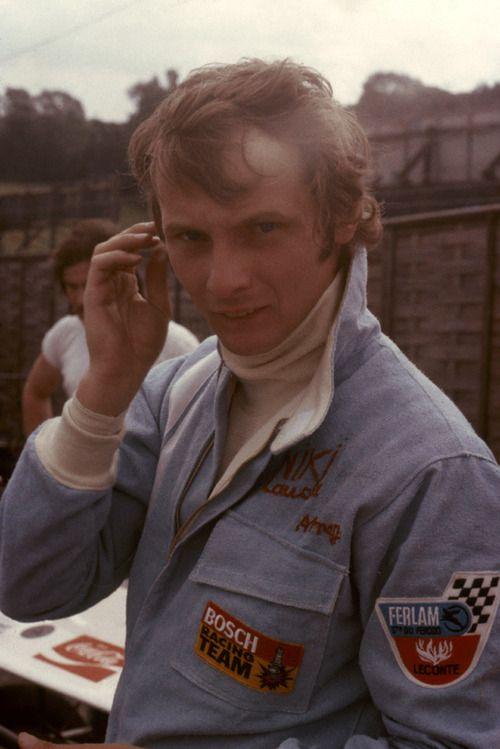
On August 1, 1976, while racing in the German Grand Prix on the Nürburgring track in Nürburg, Germany, Niki Lauda lost control of his Ferrari Formula One racecar, which crashed into a wall on a bend, burst into flames, and drifted into the middle of the track where it was hit by another car. His helmet flew off during the crash and Lauda was trapped for nearly a minute in the 800+ degree (Fahrenheit) inferno before several of his fellow racers were able to pull him out. "Another 10 seconds and I would have died," says Lauda. His hands, eyelids and forehead were severely burnt and his scalp and right ear had been charred by the flames. The searing toxic fumes from the burning car had also damaged his lungs and blood. Though he was alert following the crash, he eventually slipped into a coma and was left fighting for his life. At one point, the doctors had given up hope and a priest knelt at his bedside and administered last rites.
"When I came to the hospital. You feel like you are very tired, and you would like to go and sleep," says Lauda, "but you know it's not just go and sleeping. It's something else. And then you just fight with your brain. You hear noises and you hear voices, and you just try to listen to what they are saying and you try to keep your brain working to get the body ready to fight against illness. ... I did that and that way I survived."
"My then wife [Marlene] fainted when she first saw me," says Lauda, "so I knew it could not have been good. As I get older the scars get lost in the lines, and, well," he shrugs, "you just get used to it."
Niki Lauda does not have any memory of the crash and the moments directly before it, so there is only speculation as to what exactly caused the fiery crash. It had been raining prior to the race but then it stopped, leaving only parts of the track wet. After the first lap, most of the drivers, including Niki Lauda, pitted to change back to slicks (dry tires) which enabled them to go faster. Though it is suspected that there might have been a rear suspension failure, footage of the crash shows Lauda's car fishtailing as he loses control and veers into the wall, which could have also been the result of a damp spot on the track where he entered the bend.
Was there ever a moment after the accident that Lauda considered retiring? "No," says Lauda, "not one moment, because I knew how things go, I knew about the risks. They questioned me, did I want to continue? But I always thought, yes, I do. I wanted to see if I could make a comeback. I was not surprised to have an accident. All these years I saw people getting killed right in front of me." Lauda, having already won the World Championship in 1975, would go on to be the Formula One World Champion the following season in 1977 and then again in 1984.
Did Niki Lauda's wife want him to retire after the accident? "No," said Marlene Lauda, answering this question in an interview prior to Niki's comeback race. "It would have been wrong to take advantage of the accident to make him stop. It's up to him. I can't stop him racing." Niki and Marlene, a model, had only been married since March of 1976.
Niki Lauda returned to Formula One racing just six weeks after his near fatal August 1, 1976 crash, missing only two races. In his first race back, he finished fourth in the Italian Grand Prix on September 12, 1976. His rival James Hunt retired from the race after spinning out. Hunt was trying to catch up after he had been forced to start in the rear when officials discovered that the fuel in his car had a higher octane level than allowed.
James Hunt and Niki Lauda had been friends prior to the accident. "Yes, we were friends," says Lauda. "I knew him before we met at Formula One [at Formula Three]. We always crossed each other's lines. He was a very competitive guy and he was very quick. In many ways we were the same. I had a lot of respect for him on the circuit. ... He was a very solid driver." Proficient in English, Lauda often spent time visiting with Hunt in the McLaren pit.
"He died too early, too young," says Lauda."
Niki Lauda quit the 1976 Japanese Grand Prix not only because of the rain. It wasn't just because he felt that the rain-soaked track was unsafe. To complicate things, Lauda's tear ducts had been damaged by fire during the horrific crash at the German Grand Prix earlier in the season. His healing injuries left him unable to blink and his eyes were watering excessively during the race. This complication from his injury, combined with the rain, caused him to retire himself from the Japanese Grand Prix after two laps, as he felt is was unsafe to continue. Lauda's decision to withdraw from the race hurt his previously amicable relationship with Ferrari.
It should be noted that James Hunt also argued that the race should not take place due to the pouring rain and unsafe conditions. McLaren was irritated with James's position, telling him that if he doesn't race then they won't get the world championship.
Despite the rain continuing to fall, the race organizers decided to start the race after a delay of nearly two hours. They chose to do so because they did not want to lose money from the television contracts if the race was cancelled.
"It was not a difficult decision for me," says Lauda, "because the circuit was flooded. There was so much rain that nobody could drive. For two hours nothing is happening and then the race director came and said, 'Now we gotta start the race because it's television time and at six it's dark.' And then I said look, the circuit is flooded like before. Why the hell do you want the same result? ... This for me at the time was completely stupid. I think four other guys with me did not race because of the stupid decision. James did and won the championship, no problem." Lauda says that he would still make the same decision today, despite Hunt winning the world championship as a result of that race. "When you are a normal racing driver not affected by an accident, you have reserves," says Lauda. "So that means your level of risk taking is higher than like in my case when you've just come out of death, and have had everything happening to you. And then a couple of races later you have to face this more difficult situation with the water and rain and risk going up, and at that time I was not prepared to take this extra risk because of the accident."
Niki Lauda was not disappointed that James Hunt won the 1976 championship as a result of the race in Japan. "I said at the same time at the time there, if anybody should get the championship, then I'm happy it's James," says Lauda, "because I liked him, and we were not buddies but we were at least sympatico. We took care of each other from the heart in a very nice way, which in these days the heart was never shown in Formula One."
Following his first retirement in 1979, Niki Lauda focused on running a charter airline that he had established in April of that year called Lauda Air, which flew from Austria to holiday destinations in Europe and North Africa. In order to secure money for the business, he came out of retirement in 1982. After winning his third world championship in 1984, Lauda retired for good at the end of the 1985 season, which found him having to take himself out of eleven of the fourteen races he started.
In 1991, a Lauda Air Boeing 767 crashed in Thailand, killing all 223 people on board. During that same year, he and his wife Marlene divorced. He sold his Lauda Air shares to majority partner Austrian Airlines in 1999, and in 2003 he started a new airline, Niki, which eventually became a subsidiary of Air Berlin. Lauda has his commercial pilot's license and has even been known to act as captain on his airline's flights from time to time.
Niki Lauda also managed the Jaguar Formula One racing team from 2001 to 2002 and has been a commentator on Grand Prix for Austrian and German television. In addition, he has written five books and has acted as a consultant to the Ferrari team. In 2008 he married a former flight attendant named Birgit, who is 30 years his junior and had worked for his airline. She had donated a kidney to Lauda after one that he had received from his brother years earlier had failed. Lauda has two children with Birgit, in addition to two sons from his marriage to Marlene and one extra-marital son. As of 2013, Lauda has taken on the role of chairman of the Mercedes Formula One team.
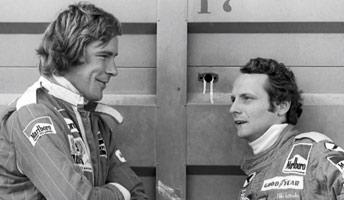
Who was the better racer, James Hunt or Niki Lauda?
Rivals on the track, James Hunt and Niki Lauda were friends long before the accident, meeting prior to Formula One when they both raced Formula Three. Prior to Niki Lauda's crash, he had more than double Hunt's points. Having to miss two races after being severely burned and nearly dying, Lauda still finished the season only one point behind Hunt. Lauda also took himself out of the final race of the 1976 season, fearing his safety on the rain-soaked track in Japan.
Though James Hunt may have had the glamour and attracted more of a rock star type of following, it is hard to dispute that Lauda was the better driver. Niki Lauda was the Formula One World Champion in 1975, 1977 and 1984, the first two with Ferrari and the last with McLaren. Hunts only championship season was 1976. It can also be argued that if Lauda's concerns over the safety of the track at Nürburgring had been acted upon, his near fatal crash would never have happened and he would have most likely won the 1976 season with relative ease. The two races he missed while injured allowed Hunt to catch up in points.
Video
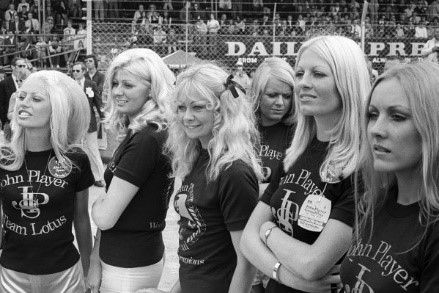
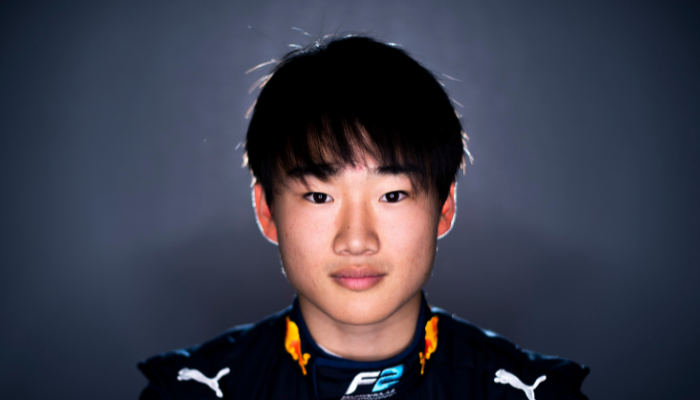
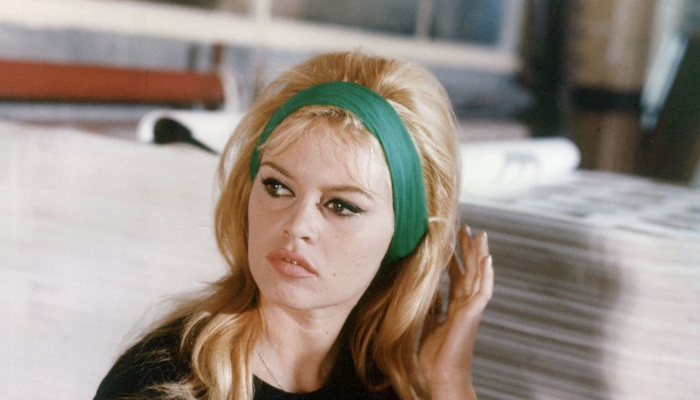
Comments
Authorize to comment